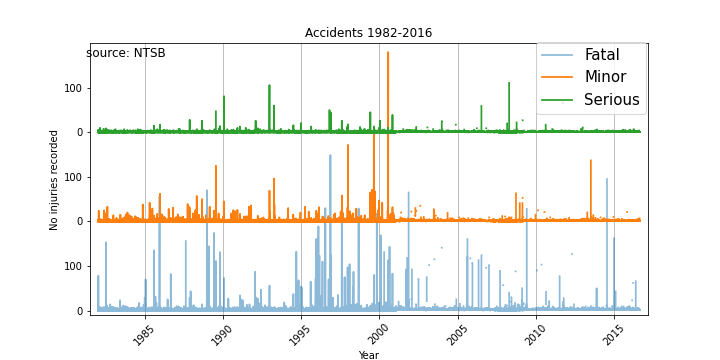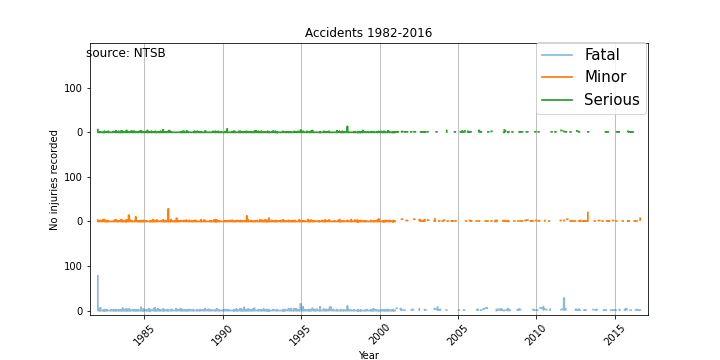Do you have triskaidekaphobia?
Tags: superstition rationalism python


Tryst with Superstition
I grew up in India with a diet of basmati rice and superstition. I have seen pedestrians freezing at the sight of a black cat crossing their path for fear of bad luck. Lemon and chilis hang in front of vehicles to ward off bad spirits. I fondly remember numerous advertisements proclaiming protection from evil eyes. Recently I stumbled upon an ad that refreshed my memories.
Another gem is a video by Numerologist, Sanjay Sethi, for doling out remedies for protection from Evil eyes. "Take little raw milk on a Saturday or a Sunday and give 7 rounds of it around the affected person head and after that give that milk to a black dog to drink…(sic)".
When I moved to the United States, I believed I left behind the ghost of superstition. A society not plagued with superstition and has a knack for scientific temperament. But my beliefs were shattered when I took an elevator to my new apartment. Why was floor 13th missing in the elevator?

My first hunch was that maybe the construction company skipped their arithmetic class in school. Little bemused I tried searching for a secret button for 13th floor like a secret entrance that of platform 93⁄4 . In the movie Harry Potter and the Philosopher's Stone, Harry had to run through a magical wall to reach Hogwart express. Luckily my sanity prevented me from banging my head against the wall of the elevator.
Why was the floor 13th missing? It's purely a business decision. 13 percent of Americans in a 2007 Gallup poll said that it would bother them to stay in a room on 13 floors in a hotel1. In 2015, an NYC housing data firm called CityReality released that only 9% of all apartment buildings in NYC had 13th floor2. Many airlines like Air France, Lufthansa, Iberia and Ryanair are some of the airlines that don’t have row number 133.
There's also a rather cute word to describe a fear of number 13 called triskaidekaphobia. I am an empiricist. I believe that all hypotheses must be tested against observations. So for me to fear number 13 , I have to be convinced not by any religious book or folklore but by data buttressed with empirical evidence.
"The test of all knowledge is experiment. Experiment is the sole judge of scientific truth" - Richard Feynman
One of my worst nightmare is dying in a plane mishap. So I wanted to understand is there a correlation between aviation accident and number 13?
Coding in Python
The National Transportation Safety Board (NTSB) maintains a database of aviation accidents and incidents that can be accessed by the general public on the NTSB web site. That database contains information about accidents and selected incidents within the United States, its territories and possessions, and in international waters. The database also includes events involving US-registered aircraft that occur outside US territory4.
So lets download AviationData.txt dataset and analyze aviation accident5.
$ mkdir aviation
$ cd $_
$ wget http://www.airsafe.com/analyze/AviationData.txt
Create a requirements.txt file for requried libraries.
$ cat > requirements.txt<<EOF
pandas
matplotlib
EOF
Set up python project
$ poetry init
$ cat requirements.txt | xargs poetry add
Creae a simple python file job.py.
This should print the following data.

Remove dates which are empty.
selection = df['date'] != ' '
df = df[selection]
Add three more columns to the dataframe
Next convert dates as decimal year.

Convert Columns from string type to float.
Next we will plot the data after 1981.

If we only select dates on 13 and recompute our result.

So flying on 13th doesn't have greatest number of aviation accidents.
Conclusion
Pro Tip: Book your flights or hotels on 13th to avail discount.
References
-
Some planes skip row numbers 13, 14 and 17 for this reason ↩
-
Mastering Python Data Analysis by Luiz Felipe Martins ↩
comments powered by Disqus
